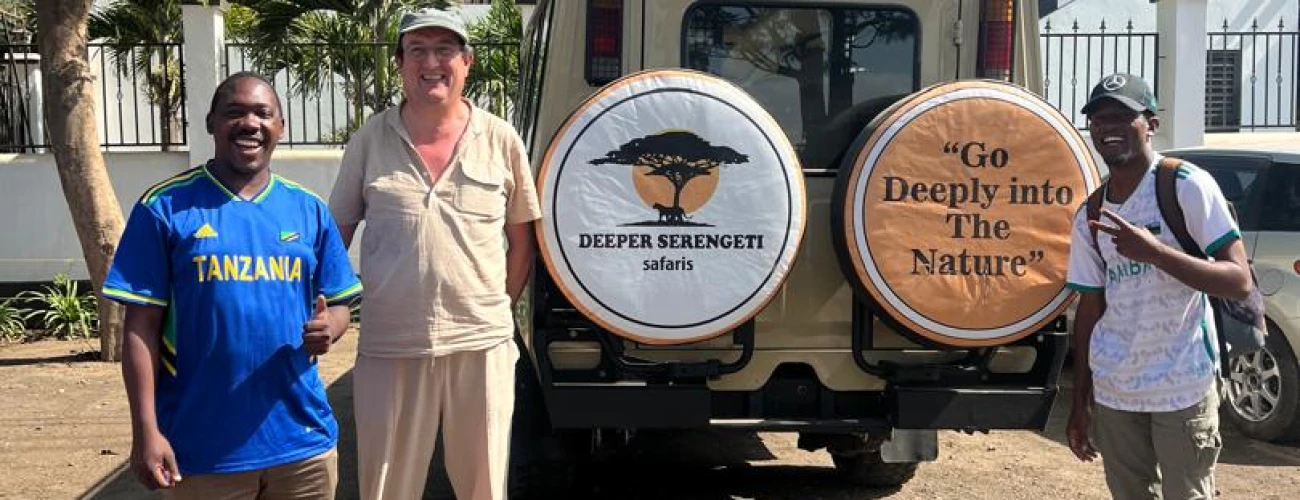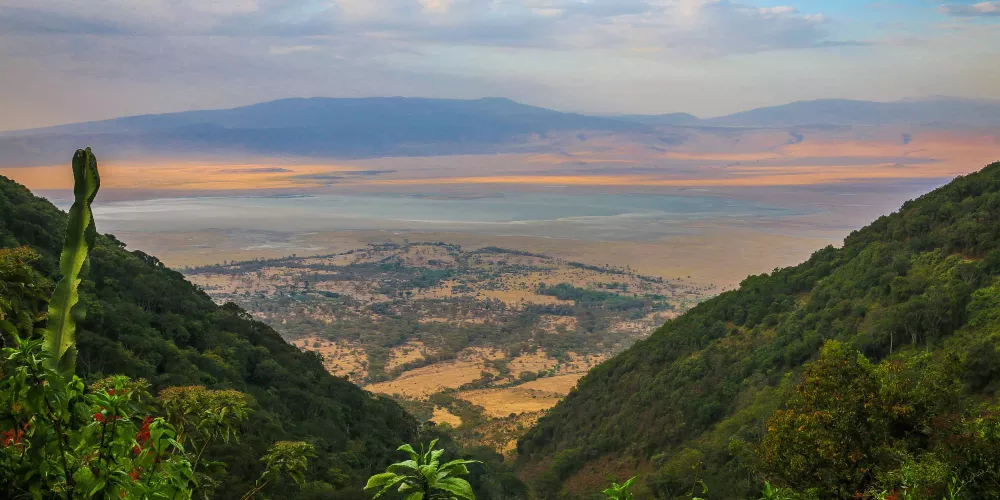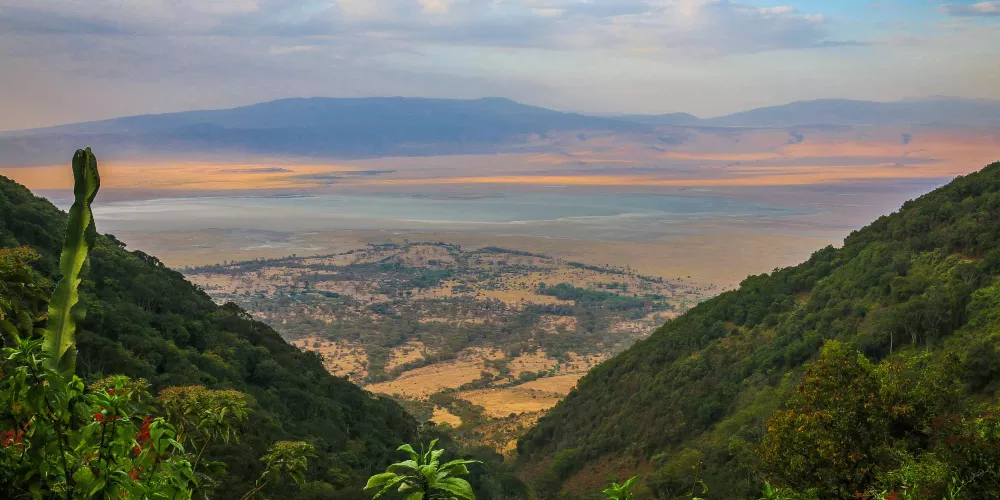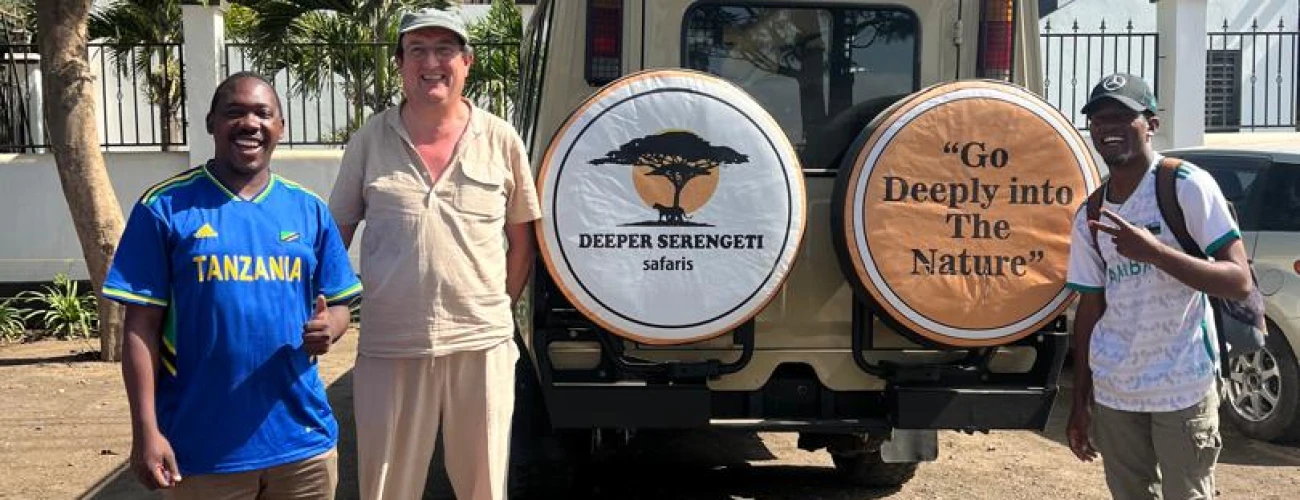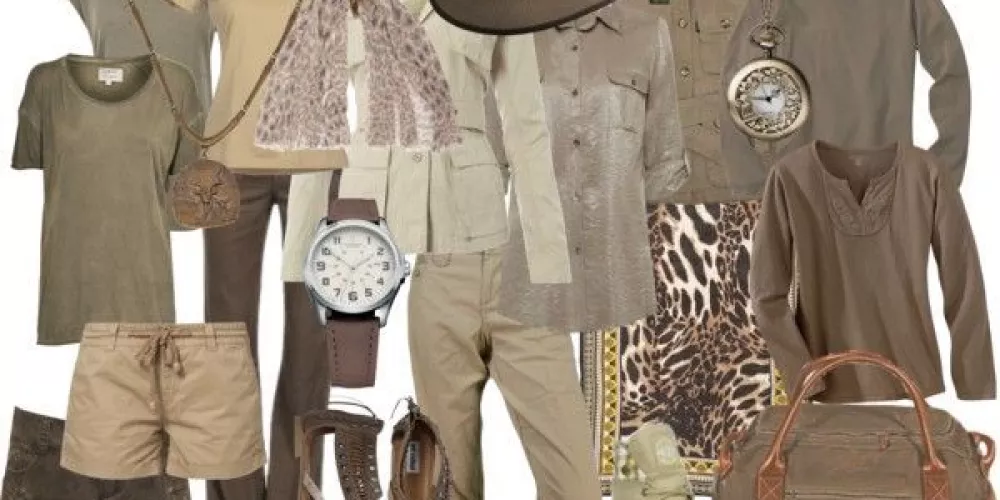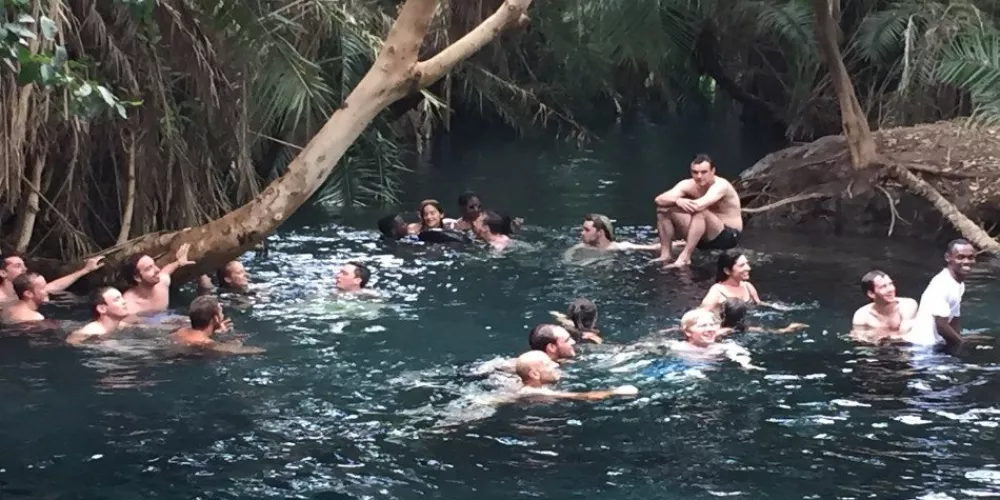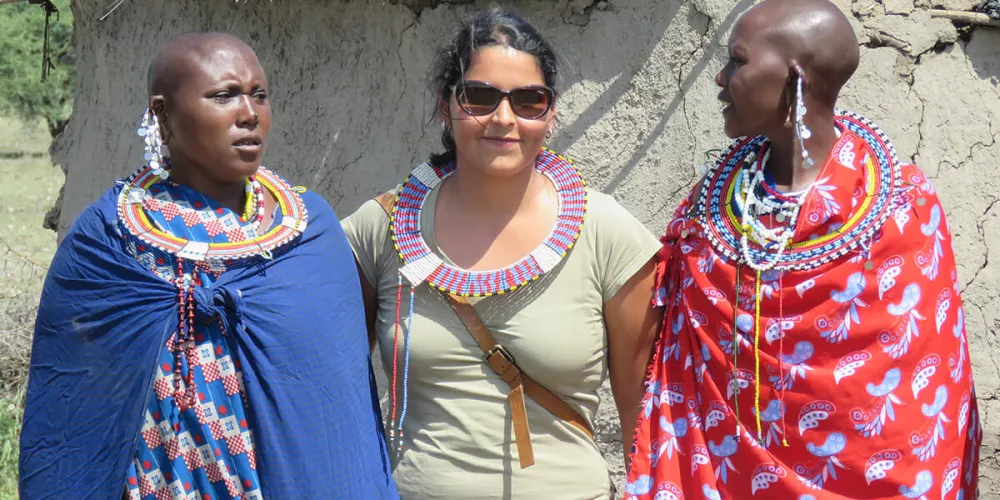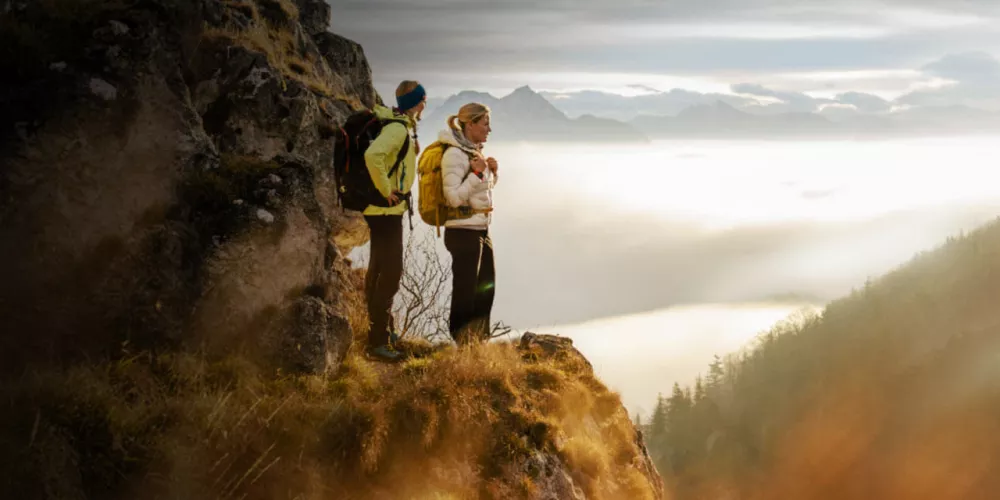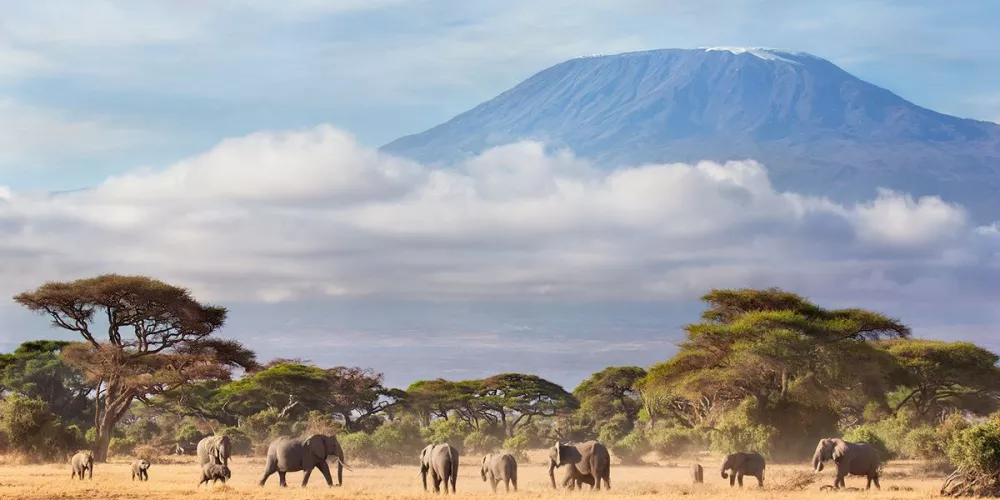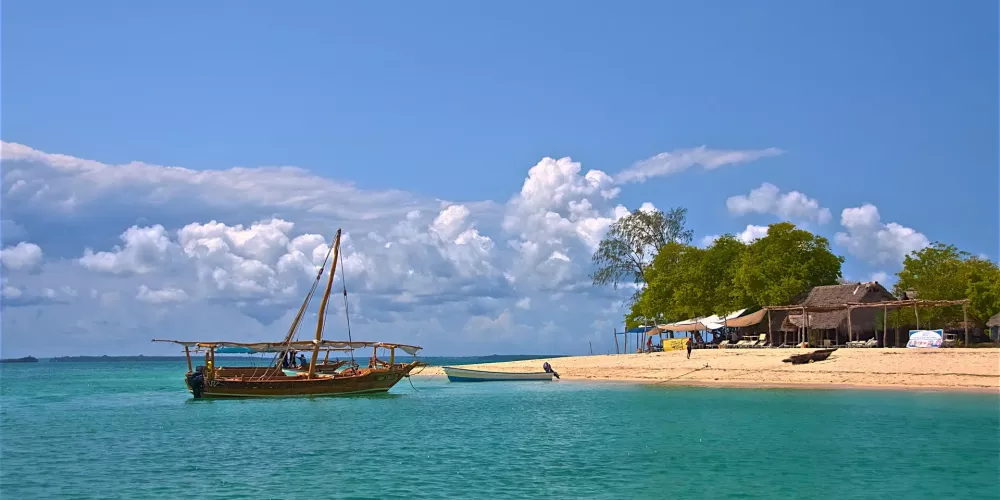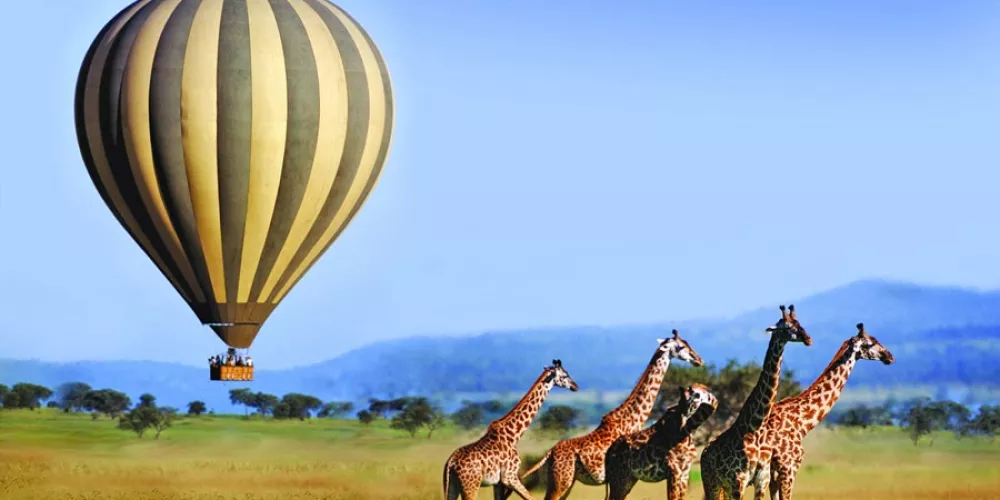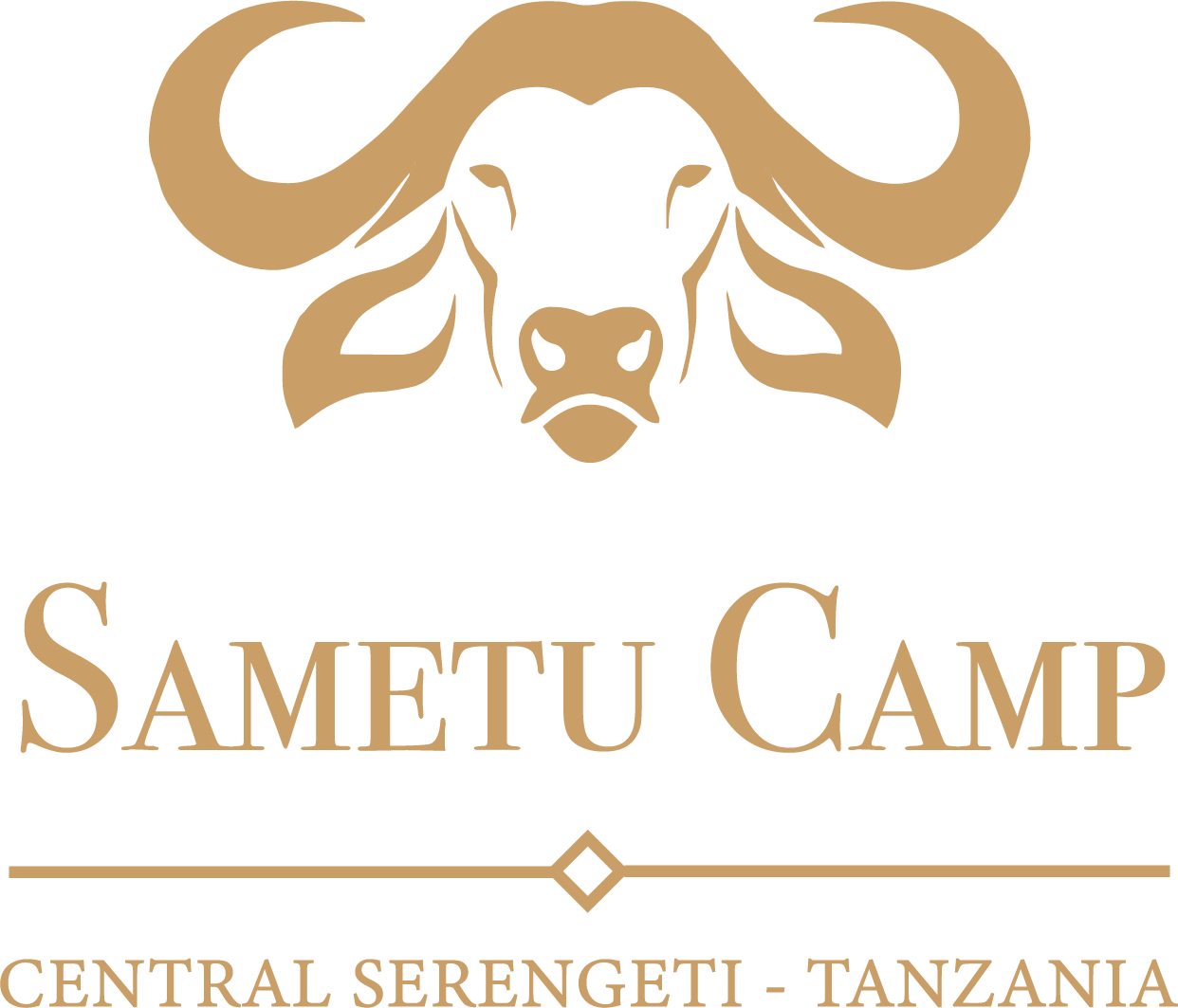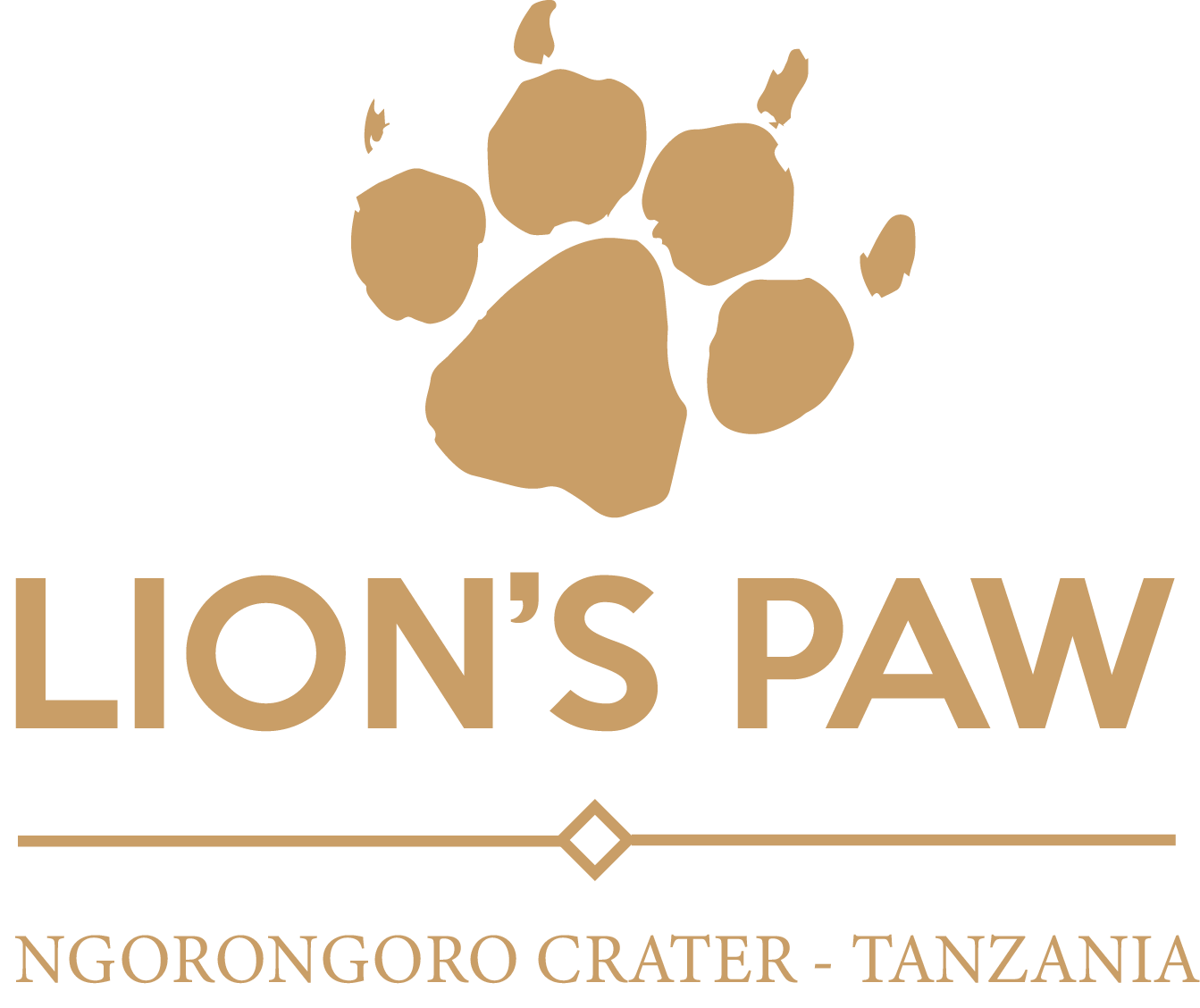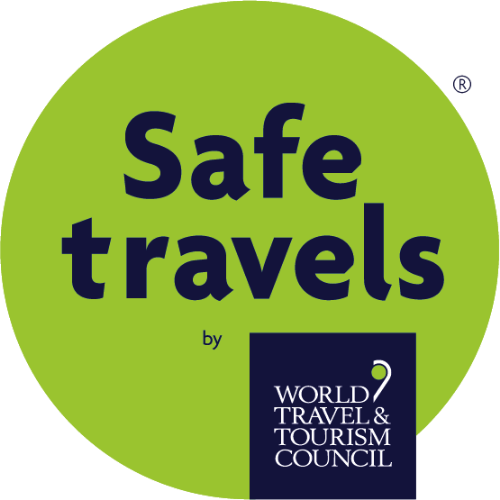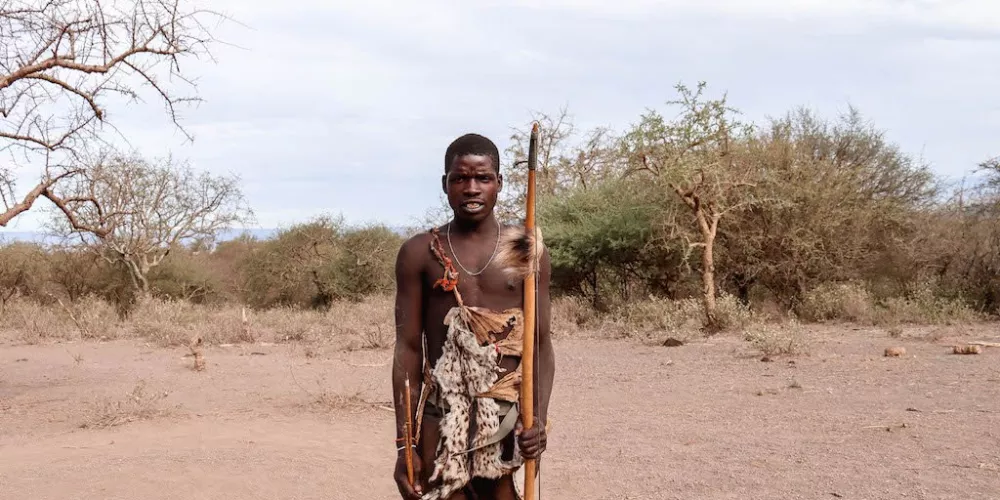
luck
Tour ExpertHow to Get Ready for a Tour of Tanzania
There are a few things you might need to get ready for before visiting Tanzania, though. What is left for you to do, then? or simply take your ticket and leave? How do I get ready for the tour of Tanzania? The top 5 items have been listed for you. A safari in Tanzania includes all-inclusive meals and lodging as part of your package, and traveling is exciting.
Some of Africa's best-known national parks, including the Serengeti National Park, are found in the nation. The most popular activities in this country with a wealth of wildlife are safaris and wildlife-related adventures.
First, you’ve got to plan and list the tourist places you want to visit. Have an itinerary and follow the following tips:
- Necessary Documents
- Vaccinations and medications
- COVID entry requirements
- Packing List
- Additional Information
- Booking Form
- Fill out the form below if there is a child traveling (specify the age).
1. Necessary Documents
Passport: You must have a valid passport to travel to Tanzania. Also, your passport must be valid for six months after you arrive in Tanzania. The passport must also have 3–4 blank pages for visa and immigration stamps. We also recommend having a photocopy of your passport with you, as a regular travel precaution.
Immigration and visas: You will need to get a visitor’s visa for your safari in Tanzania. You can get it at the Tanzania Embassy in your country, upon arrival at the airport, or in advance through Tanzania’s Immigration Department website here.
Travel insurance: It is a good idea to arrange travel insurance. There are many options available for only trip-related activities, such as flights and baggage, or more in-depth coverage for medical expenses incurred during your travels.
2. Vaccinations and medications
We advise you to see a doctor or travel clinic that has a particular focus on tropical diseases and ask them if there are any additional suggestions based on your age, health, or medical history.
Malaria: The risk of contracting malaria in Tanzania is decreasing every year. It is important to avoid mosquitoes and protect oneself by using repellents and sleeping under a mosquito net.
Yellow Fever: You will not need to get a yellow fever vaccine. If you did not travel recently from a country with a risk of yellow fever transmission, including South America and parts of Asia.
Keep in mind that every safari vehicle is stocked with a basic first-aid kit. If you have prescription medications or special needs, please come prepared with your necessary medications.
- Antimalarial drugs
- Tablets for motion sickness, if you are susceptible;
- Antihistamines for allergies
- Insect repellents
Sunscreen! especially when in Ngorongoro or the highlands. Choose a product with SPF 40 protection or higher to protect your skin.
Please consult with your doctor before beginning any of these. Your doctor may suggest further vaccinations for travel to Tanzania.
3. COVID Entry Requirements
All international passengers arriving in Tanzania must complete an online health survey within 24 hours of arrival.
Fully vaccinated passengers are exempt from pre-departure testing requirements. Passengers will be required to present a valid vaccination certificate with a QR code for verification upon arrival. The only acceptable vaccines are those approved by the Ministry of Health of Tanzania and the WHO.
Those who are not fully vaccinated, unvaccinated, or not eligible for vaccination because of their country’s policy, will be required to present a negative COVID-19 RT-PCR (Real-Time Polymerase Chain Reaction) certificate with a QR code obtained within 72 hours before departure.
4. Packing List
The safari packing list should include light layers and sensible attire.
The weather in Tanzania can vary depending on the altitude and time of day. It is wise to bring layers for added warmth, especially in the early mornings and late nights. while the afternoon sun is very strong. You can avoid wearing black and blue clothes on safari; this is due to the fact that they attract more tsetse flies.
You may notice that many travelers on safari wear khaki or neutral colors and avoid bright whites or fluorescent colors. You may find that wearing neutral tones is a better bet for keeping your clothes cleaner from dust.
- A light jacket or sweater
- Several long-sleeved shirts
- Hat or cap for sun protection
- Pairs of comfortable trousers
- Swimsuit
- pair of comfortable shoes
- Sunglasses
- bandana or handkerchief in case of dust;
Bring a USB cable and adapter for electric plugs (Tanzania uses three-pronged plugs, similar to England). Our safari cars offer USB charging ports right inside the vehicle, so you can keep your phone or camera charged throughout the drive-in national park.
- Photocopies of your passport and other necessary travel documents
- camera and all photo equipment
- Hand sanitizer or disinfectant
- Personal hygiene items (including sunscreen and insect repellent)
- notebook and pen.
- You can bring extra binoculars and wildlife and bird information books.
- Headlamp. You can use it at night while you’re in camp.
5. Additional Information
Clean drinking water: we will provide you with 1 liter of bottled drinking water every day of your safari.
About snacks: Feel free to bring your snacks, but you’ll also have a boxed lunch or a hot lunch provided throughout your safari tour. However, if you’d like to sample some of Tanzania’s local snacks, your safari guide should be able to help you get some fresh fruits (like bananas or mangos), peanuts, or local donuts from shops near the national parks.
Accommodations: All accommodations booked for your safari are on a full-board basis, meaning three full meals are provided each day. However, the excitement and fresh air of a safari are known for building up quite an appetite!
Plastic ban in Tanzania: The ban affects many plastic bags regardless of their thickness (including cling film or plastic wrap) and implies fines. The ban shall not apply to medicines, items in plastic packages preserving their quality, or zip-lock bags for personal hygiene kits or documents (on the condition that they are not thrown away on the territory of Tanzania). It is advisable to pack your things in paper or fabric bags. Alternatively, you could use waterproof nylon bags to protect your baggage from moisture.
Money: Buying drinks, purchasing souvenirs, and tipping hospitality staff are some circumstances where you may want to have some cash in a local currency or USD.
Before traveling, talk to your bank and let them know you will be out of the country. Set up your debit and/or credit cards for international use.
Make sure your PIN is four digits long to comply with ATMs in Tanzania.
ATMs are only available in cities and towns in Tanzania and Zanzibar. if you plan on bringing cash with you to the Serengeti or another national park. You may pay in USD nearly everywhere, though you will need Tanzania shillings to make payments in local supermarkets.
If you want to bring cash to exchange, many banks across Tanzania offer foreign exchange services.
Laundry: Each accommodation offers laundry services. For safari accommodation, the cost may vary from $2 for small clothes like T-shirts, shirts, etc. to $3 for trousers and shoes. While sweaters, jackets, and bags vary from $6 to $16, note that the cost can be higher or lower depending on the accommodation.


